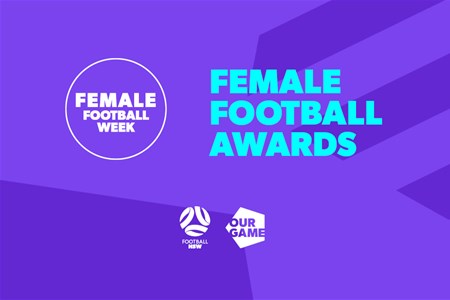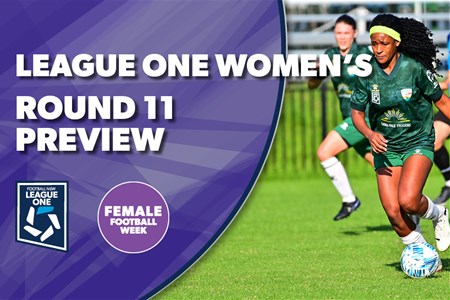Teaching and Football

For those coaches who are school teachers, you will understand that there are many attributes of a successful teacher that are the same as those attributes required of a successful coach, and vice versa. After twenty years as a coach, I have recently had the opportunity to undertake a teaching degree. The teaching profession has a matrix of professional standards for a proficient teacher which provide an ideal checklist for coaches to reflect on their own coaching proficiency, broken into three domains:
- Coaching Knowledge – knowing your players and the content;
- Coaching Practice – knowing how to coach; and
- Coaching Development – developing yourself as a coach.
The below are extracts from the teaching standards, edited for a coaching context rather than a classroom.
Coaching Knowledge
Know your players
- Understand the different physical, social, intellectual and development characteristics and capabilities of your players and how their characteristics may affect their learning
- Develop strategies for differentiated coaching to meet the specific needs of players
Know the content
- Understand the concepts, substance and structure of the content and coaching strategies of the topic to develop engaging coaching strategies
Coaching Practice
Plan for effective sessions
- Establish appropriately challenging learning goals for all players
- Plan, structure and sequence coaching programs using your knowledge of player learning, content and effective coaching strategies
- Use a range of coaching strategies to develop techniques, skills and problem-solving
- Use effective verbal and non-verbal coaching communication to support player understanding, participation and achievement
Create and maintain supportive and safe positive learning environments
- Support student participation and engagement in activities
- Organise coaching activities and provide clear directions
Assess player learning and development
- Assess player learning and development
- Provide timely and appropriate feedback to players on their development
Coaching Development
Engage in professional learning
- The coach to identify their own professional development needs
- Engage in professional learning to improve your own coaching, update your coaching practice and improve your knowledge
- Engage with colleagues to improve your own coaching through applying others’ constructive feedback to improve your practice, the process of self-reflection and the evaluation of others’ session


